 |
Eric Pan, founder and CEO of Seeed Studio, an innovation platform provides open hardware modules and agile manufacture service to help makers turn ideas into products. He also created ChaiHuo hackerspace in Shenzhen, co-founded the hardware accelerator HAXLR8R, and introduced the first Mini Maker Faire to China. With all the works done to accelerate small scale hardware innovators, he has been selected as cover page by Forbes China as 30 young entrepreneurs under 30. |
| Caroline Sinders is an artist, UX/UI designer, and video game developer. She received her masters from New York University’s Interactive Telecommunications Program where she focused on HCI, prototyping, and interactive storytelling. Caroline’s work has been featured in the Contemporary Art Museum of Houston, Style.com, Fusion News, Washington Post, New York Magazine, and the 32nd Chaos Communication Congress (32c3). http://carolinesinders.com. | 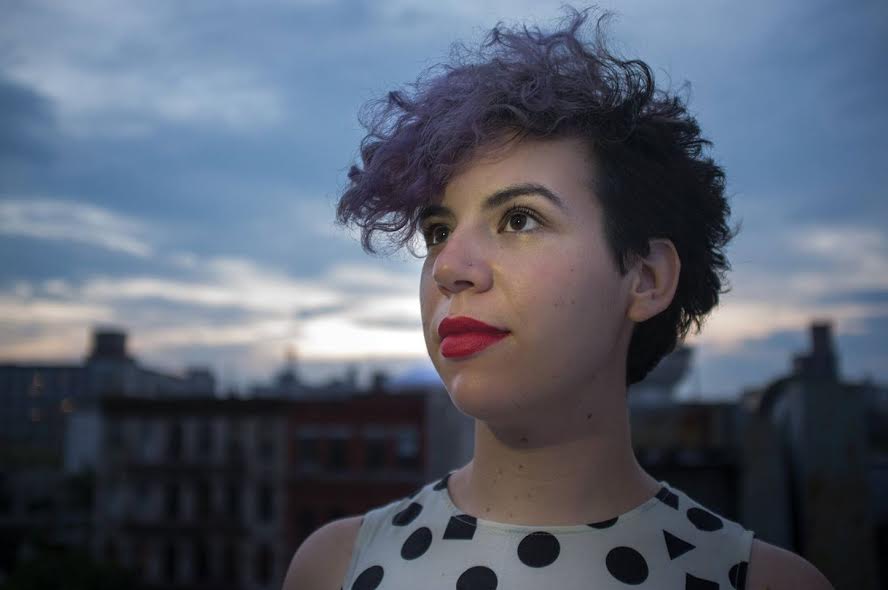 |
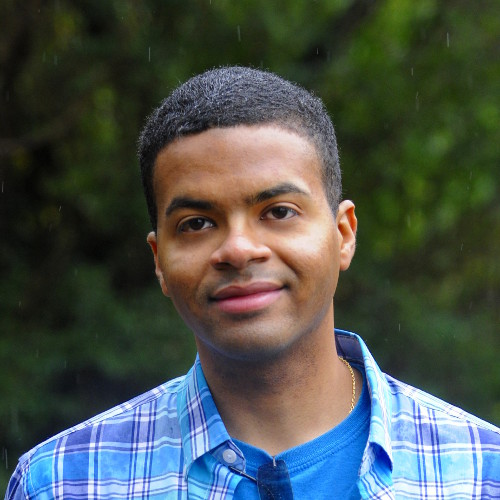 |
Kwabena W. Agyeman is the President and Co-founder of OpenMV. As Carnegie Mellon University graduate, Kwabena got into building computer vision systems for microcontrollers with the CMUcam4 that was released in 2012. Kwabena loves working on and optimizing low level code and is employed as a computer chip designer. His favorite microcontroller is the Parallax Propeller. |
| Allison Parrish is a computer programmer, poet, educator and game designer who lives in Brooklyn. Her teaching and practice address the unusual phenomena that blossom when language and computers meet. She holds a masters degree from NYU’s Interactive Telecommunications program and BA in Linguistics from UC Berkeley. Allison’s recent book, “@Everyword: The Book” (Instar Books, 2015), collects every tweet from @everyword, a Twitter bot she made that tweeted every word in the English language over the course of seven years—attracting over 100,000 followers along the way. | 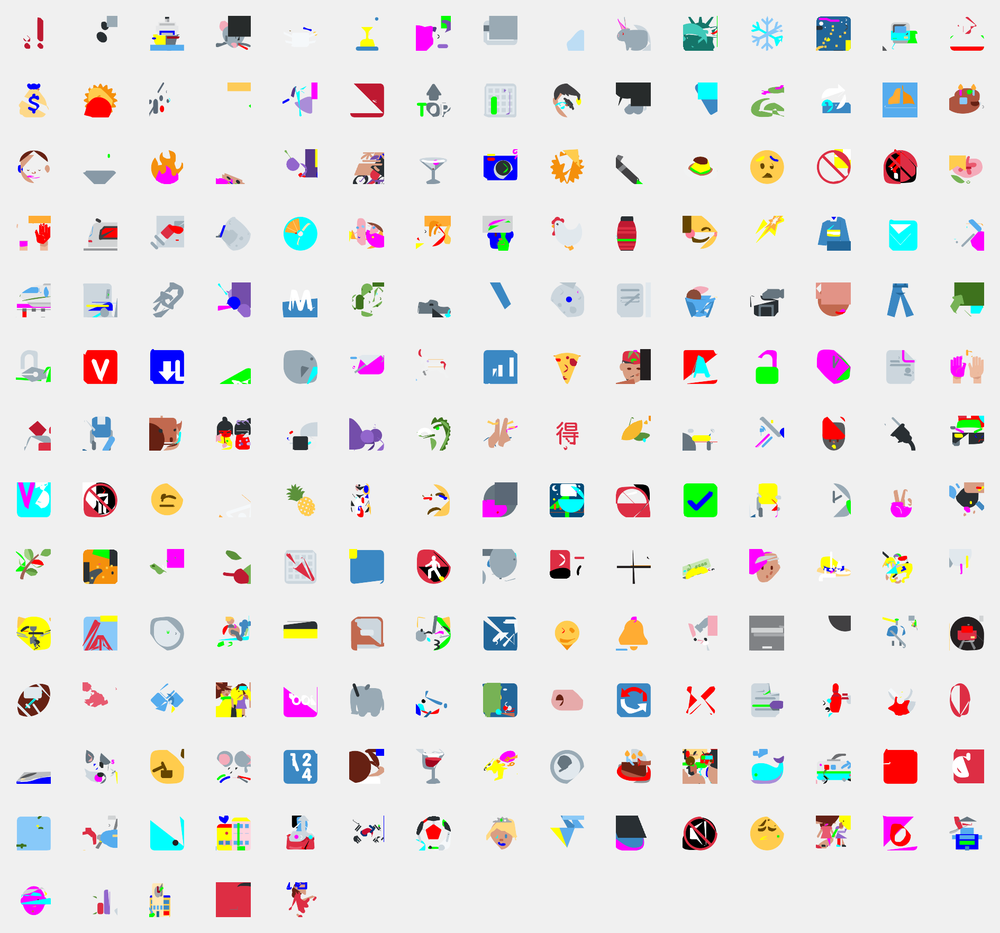 |
 |
Bilal Ghalib is an entrepreneur, activist and maker. For seven years he’s been helping establish collaborative making spaces in America and the Middle East. Some of his recent explorations include how cooperative spaces support refugee communities in Beirut and how meditation polishes what we make. Ultimately the discussions he seeks surround the concepts of the good life and a beautiful world as it relates to community, economy and making. |
| Alicia Gibb is the founding president of the Open Source Hardware Association. In her spare time, Alicia tinkers with open source hardware. She has a side company named Lunchbox Electronics, where she makes electronics kits and runs the Blow Things Up Lab at CU Boulder. She is a member of NYC Resistor and co-founder of the Open Hardware Summit. | 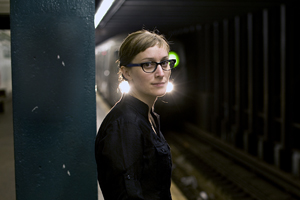 |
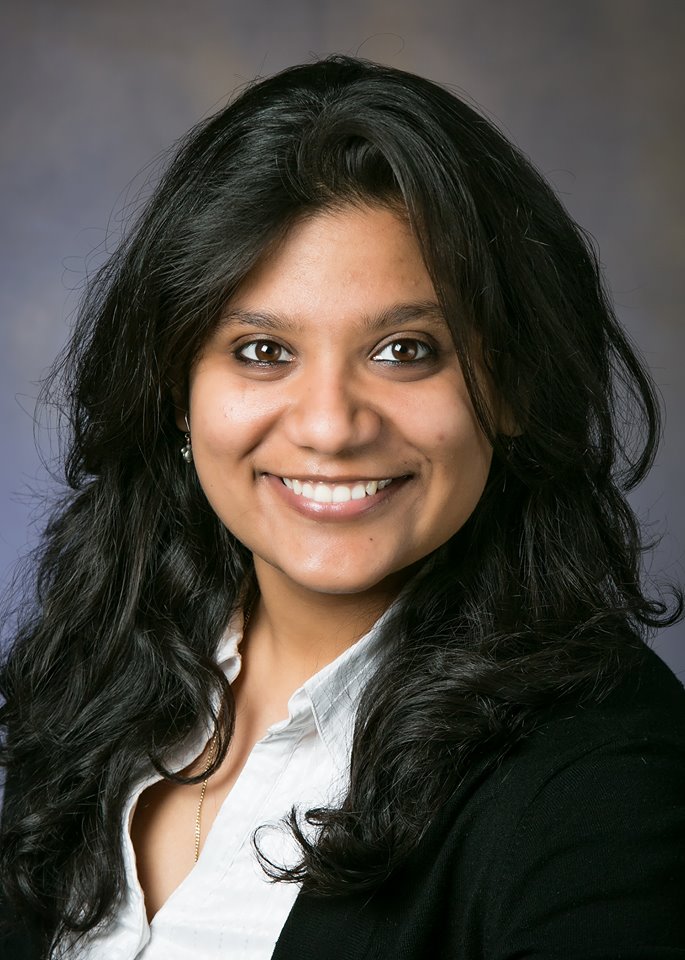 |
Sakshi Srivastava is a second year graduate student at the University of Illinois at Urbana-Champaign. She is from India, working on her masters in electrical engineering, focusing on antennas and wireless communication systems. She plans on continuing in the PhD program after finishing her masters. She is a huge supporter of gender equality and played a pivotal role in spreading awareness about women in engineering during her undergrad at University of Illinois at Urbana-Champaign. |
| Rianne Trujillo has a Bachelors of Fine Arts in Media Arts and a Masters degree in Software Systems Design. She is the lead developer for the Cultural Technology Development Lab at New Mexico Highlands University, where she develops and prototypes software and hardware solutions for museums and national parks. | 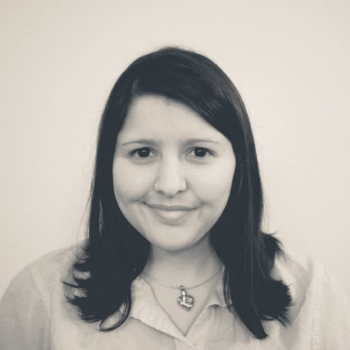 |
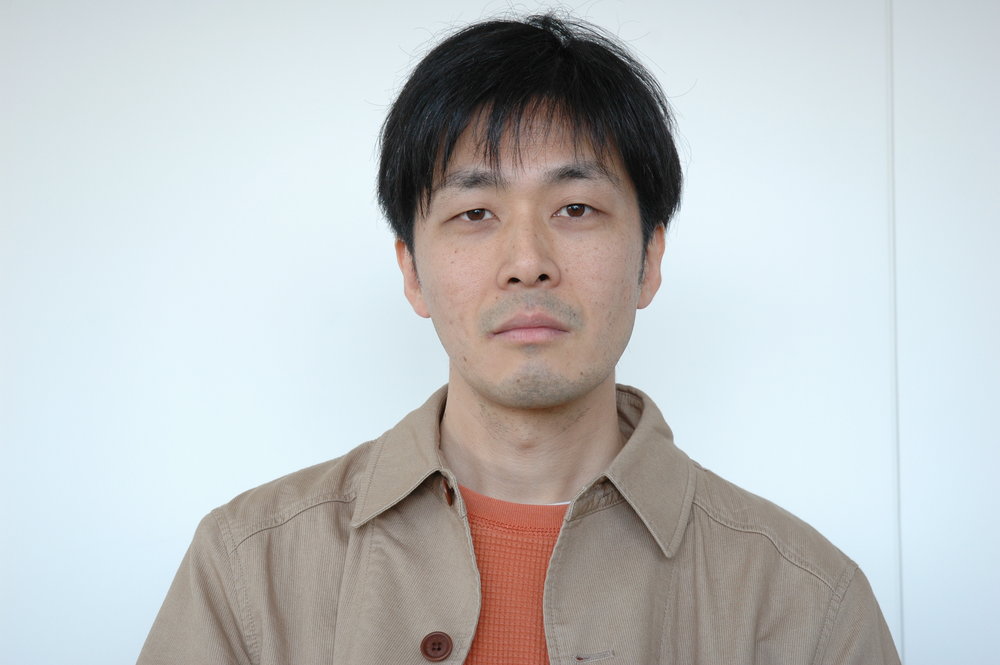 |
Shigeru Kobayashi holds a PhD in Media Design and is a Professor of the Research Center for Industrial Culture, Institute of Advanced Media Arts and Sciences in Japan. He worked for a digital musical instrument company as a sound designer and a software engineer. He designed Open Source Hardware products such as Gainer and Arduino Fio (with SparkFun Electronics) and wrote books on physical computing and prototyping (published in Japanese, Korean and Formosan). He also won the red dot award: design concept in 2011 as an interaction designer. Recently, he has been facilitating cross-industry innovation projects to create innovation by multiplying people from local and information technology industries. |
| Harris Kenny is the Vice President of Marketing at Aleph Objects, Inc., a Free Software, Libre Innovation, and Open Source Hardware company, and maker of the LulzBot line of 3D printers. He previously worked in management and ERP consulting and has appeared in The Wall Street Journal, National Public Radio, U.S. News and World Report, opensource.com, Fox Business Network, The World Bank, and elsewhere. Harris is also earning a MBA at the University of Denver Daniels College of Business. |  |
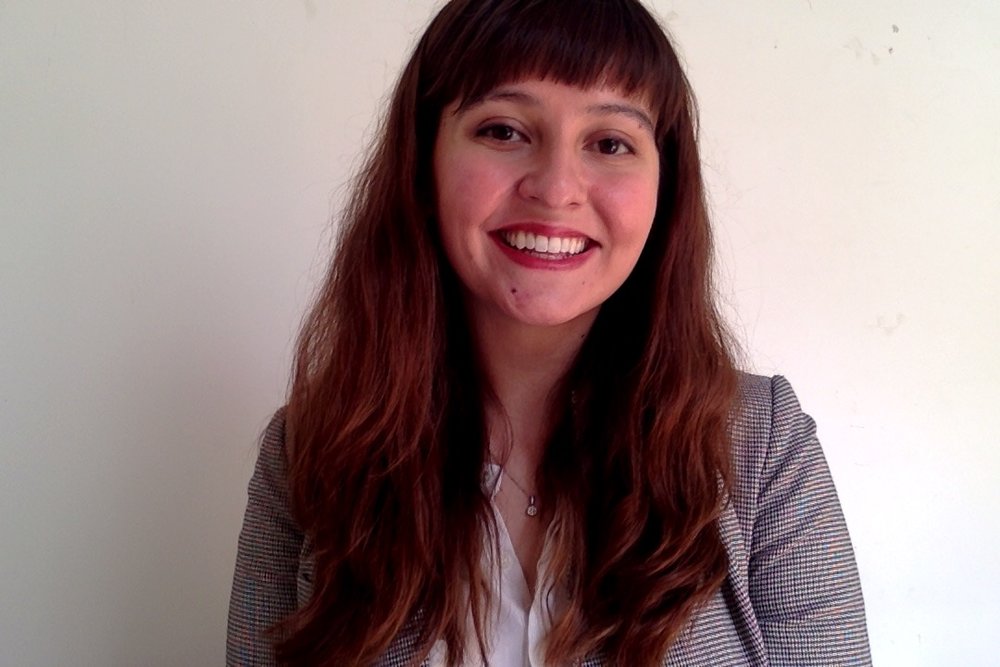 |
Justyna Ausareny enjoys working with people, machines, hand tools, software, electronics, researching new interactive techniques and combining her computing knowledge with other disciplines. Originally from Szczecin, Poland, she studied Interactive Media from design and scientific perspectives at undergraduate and graduate levels at Concordia University in Montreal, the National University of Singapore and Pompeu Fabra University in Barcelona. She often collaborates on projects with citizen science and maker/hacker communities across continents, supporting public participation in crafts and technology. Justyna’s most recent project involves working on a motion system for people with motor impairments and scenarios that can inspire people to make the health and wellbeing of the elderly a societal pursuit. |
| Ashwin Whitchurch is founder and CEO of ProtoCentral Electronics. ProtoCentral makes and sells open source hardware, with a special focus on open medical devices. With a goal to make medical devices more affordable, and more importantly, hackable, his current interests are in bringing high-cost scientific equipment (one being Spectral Imaging) to labs across institutions, both big and small. Ashwin has his Masters degrees in Microelectronics-Photonics and Software engineering. | 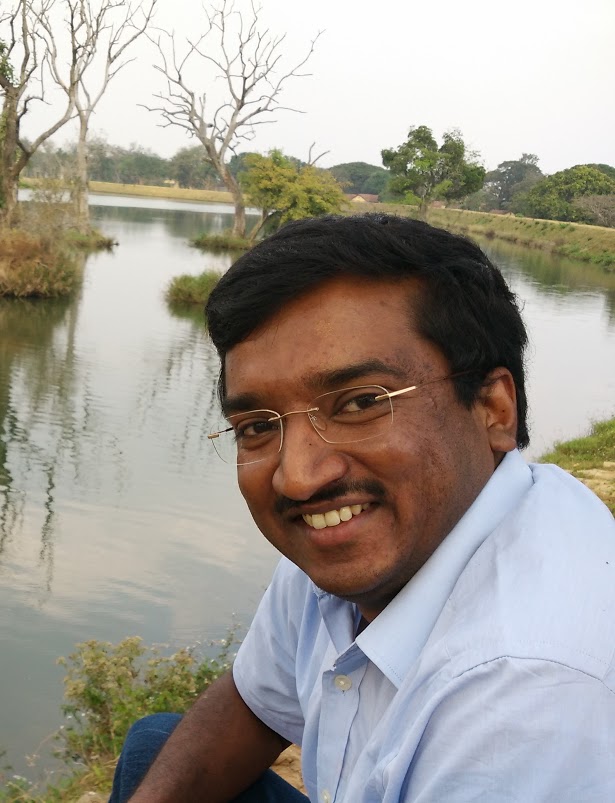 |
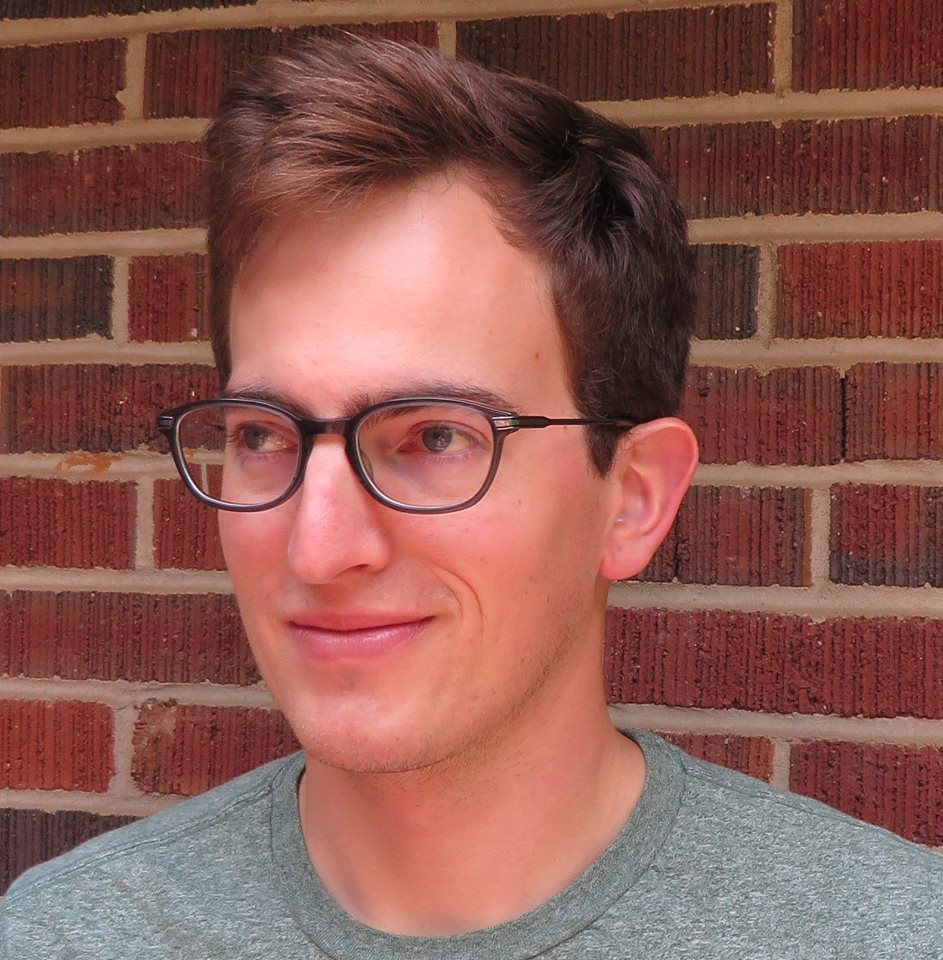 |
David Perry is founder and designer at OpenFab PDX, where he works with individuals and small businesses to make well designed and functional physical objects. David helps his clients leverage open source methods to produce successful products through community engagement. |
| Steve Hodges leads the Sensors and Devices research group at Microsoft Research in Cambridge UK where he creates compelling novel interactive experiences based on emerging hardware technologies. Steve is a passionate advocate of physical computing and led the team which developed the .NET Gadgeteer prototyping platform. He was also a key contributor to the BBC micro:bit project which delivered 1,000,000 physical computing devices to school children across the UK in 2016. | 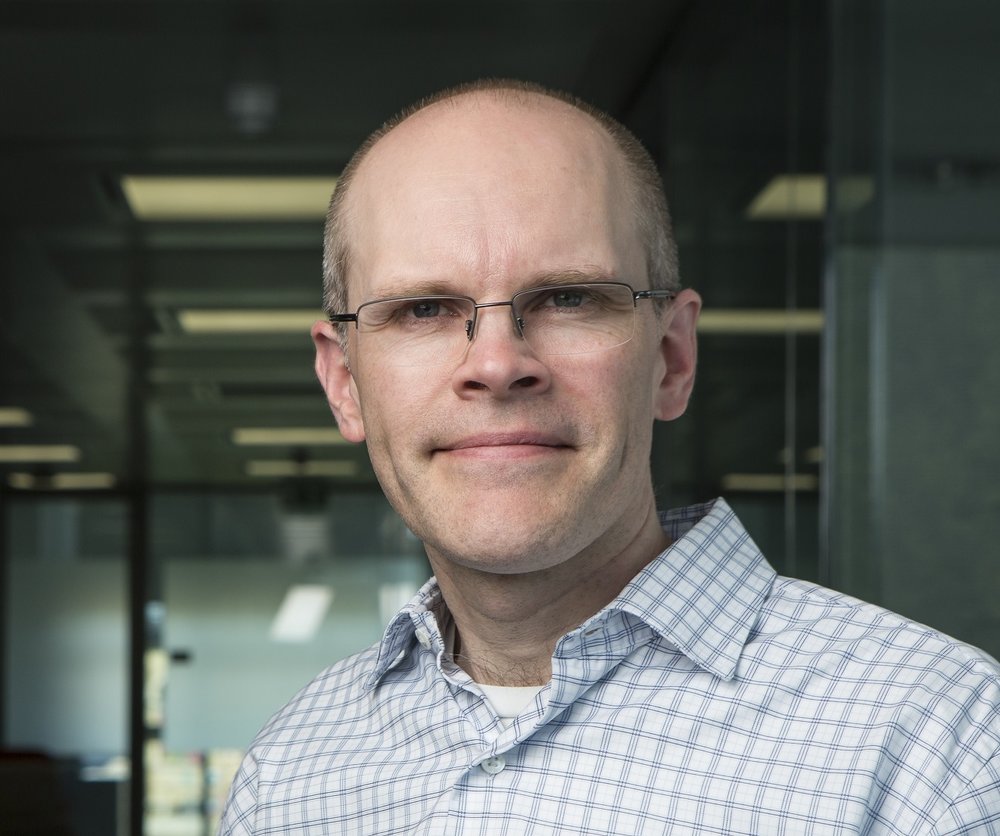 |
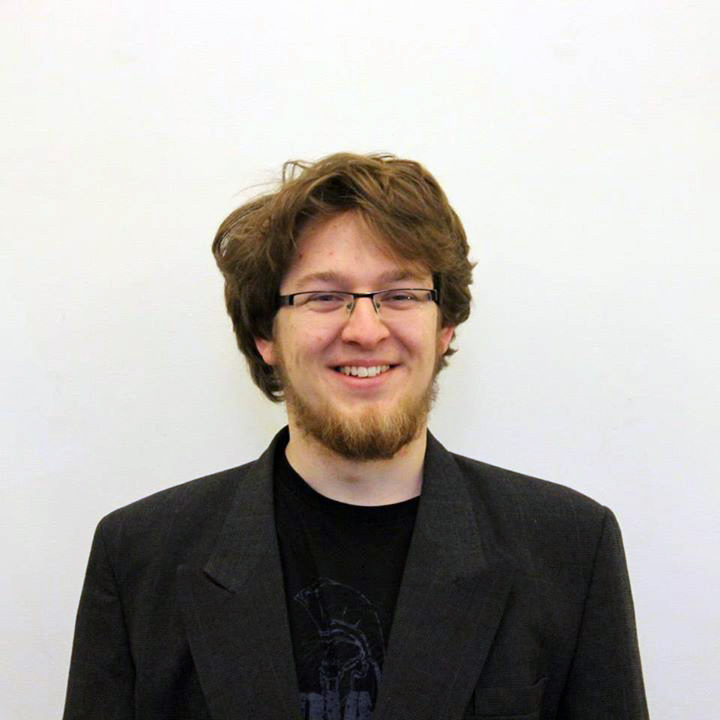 |
Luka Mustafa is a Shuttleworth Foundation Fellow, working full-time on wireless optical system KORUZA development at Institute IRNAS Rače in Slovenia that he founded in 2014, as well as being a PhD student at University College London. He leads a multidisciplinary team developing open systems ranging from CNC machines to electronics and fibre optic systems, promotes and deploys open wireless networks in wlan slovenia project and manages national and international wireless backbones. |
|
Tom Moxon has designed super-computer chips for Cray Research, Sampling Keyboard Synthesizers for EMU Systems, E-Bike motor controllers for EcoSpeed, and electronics for honeybee health for Eltopia Systems. He is currently working on modular, open source hardware and firmware with PatternAgents. |
 |
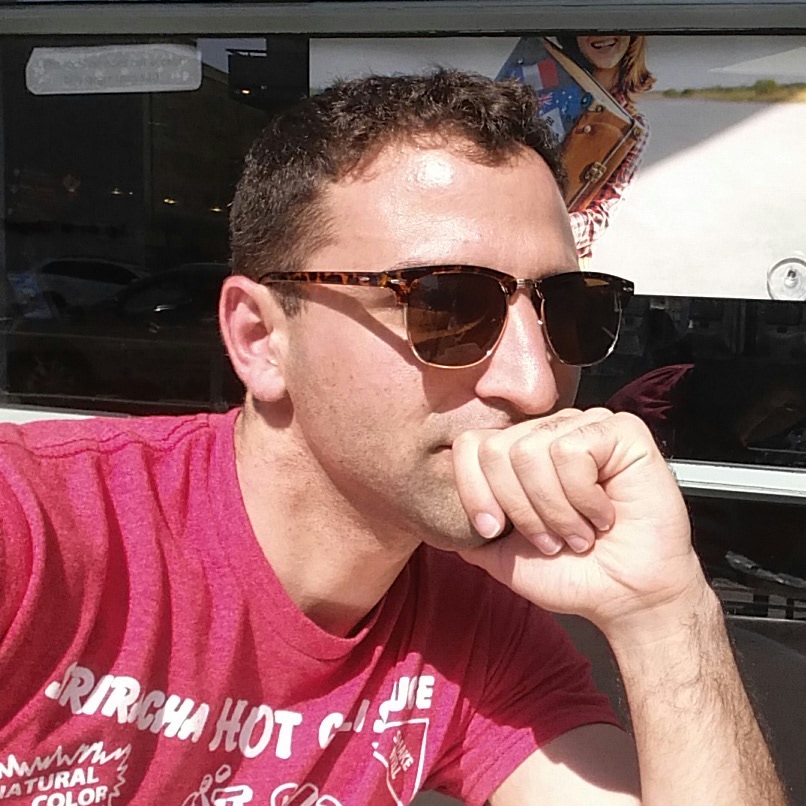 |
Dan Seal works to make it easier for makers and students to work with low-cost hardware. As product marketing manager for MATLAB hardware support, he helps build tools that allow MATLAB to speak directly to Arduino, BeagleBone Black, and other popular hardware. He also leads efforts to sponsor makerspaces, increasing MATLAB access for tinkerers. In his role, he’s spoken to makers and instructors across the US, gaining insight into key trends of hardware adoption in universities and makerspaces. |
| Genta Kondo is CEO of exiii Inc. and Catalyst of NPO Mission ARM Japan. Genta is developing and disseminating bionic hand (motorized hand that people missing a hand can control intuitively) utilizing 3D-printer and open-source. He received MS from the University of Tokyo in 2011. During 2009 to 2010, he studied at UC Berkeley. In 2011, he joined Sony Corporation and pursued the commercialization of robotics technology. Then he resigned his post in June of 2014 and founded exiii Inc. in October of 2014. | 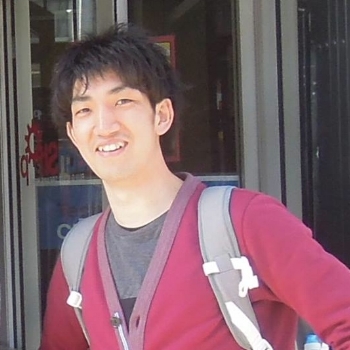 |